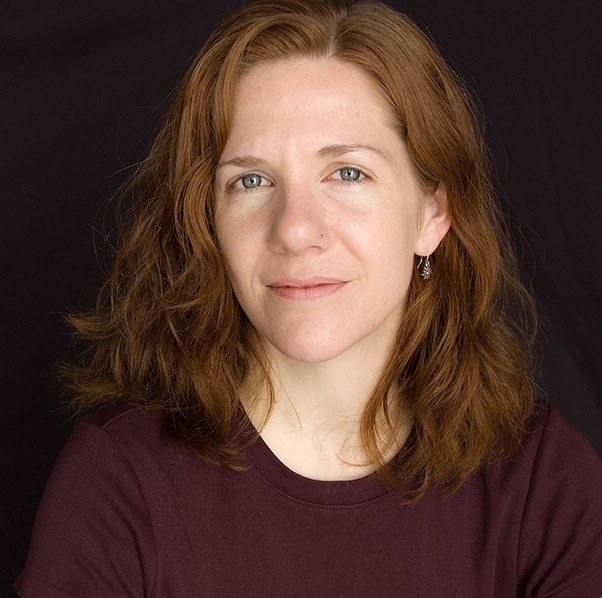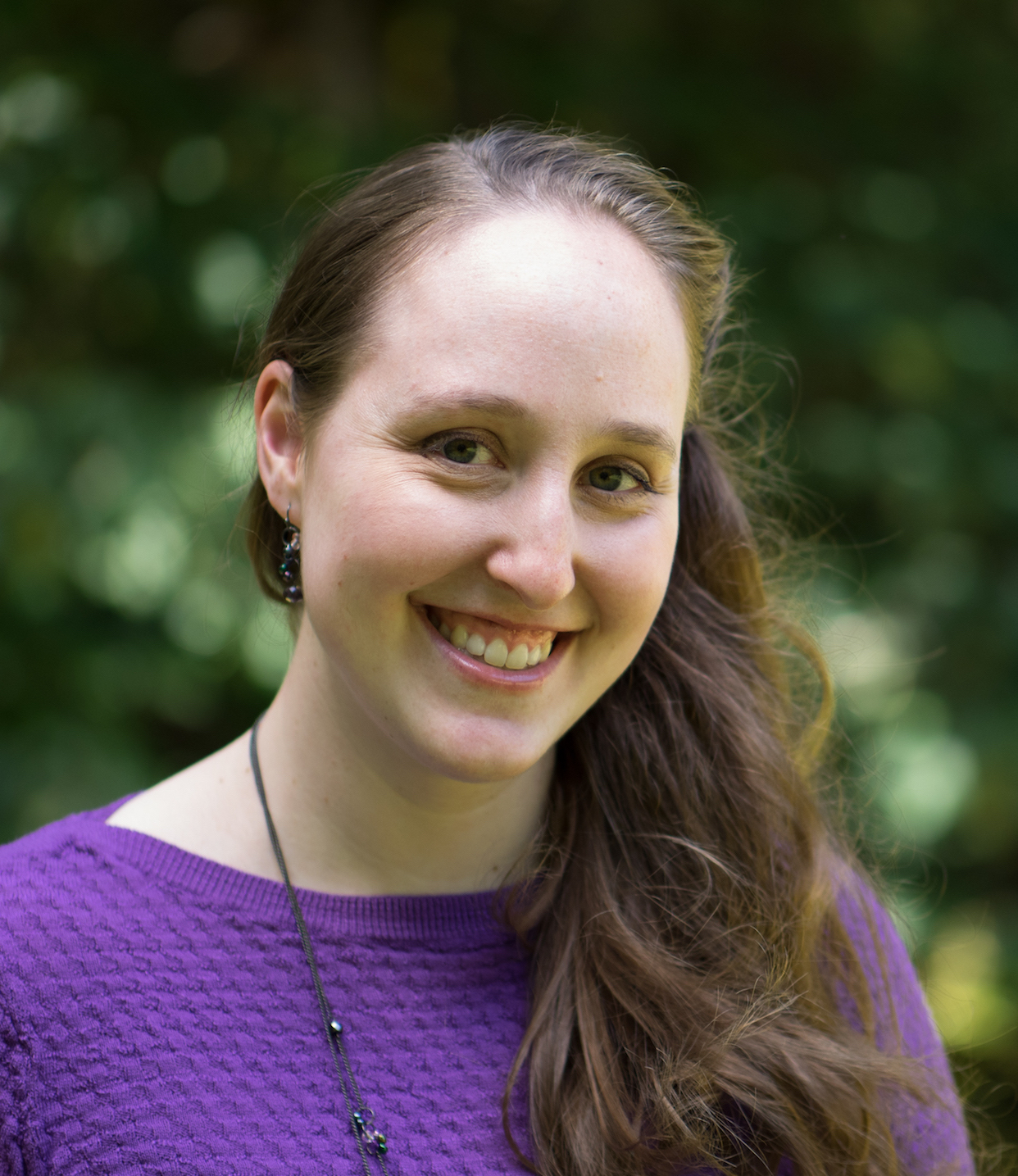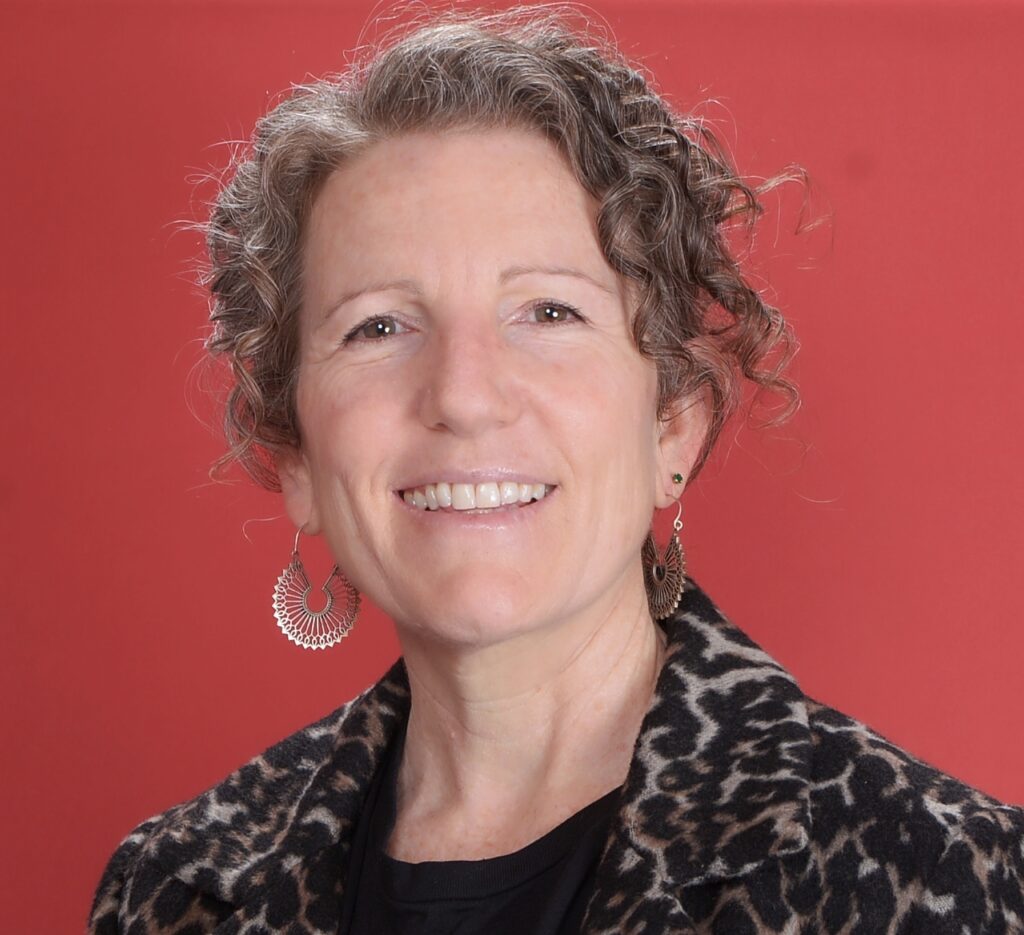This week on the Story Works Round Table, Alida and Kathryn are joined by D. Liebhart.
Revision is more than just fixing typos and filling plot holes; it’s about delving deep into the heart of the story and ensuring every word, every character, and every twist aligns with the author’s vision. D. discusses the challenges she faced revising her award-winning novel, House on Fire, from seeking perfection to knowing when to let go. We talk about the importance of actionable feedback, the dynamics of writing groups, and the critical decision to step away when the process no longer serves the story.
Whether you’re a seasoned author or just starting, this episode is packed with wisdom. D.’s experiences remind us that the journey of revision is unique to every writer. It’s a process that requires patience, honesty, and sometimes the courage to start anew.
“Revision is how you make something worth reading.”
“You’re the final arbiter of what goes in that book and what’s meaningful to say.”
VIDEO
AUDIO
D. Liebhart developed the amazingly effective How to be an Unsuccessful Novelist program, available here free of charge.
One: At fifteen, cultivate infatuation of iconic performer (Think: Bowie, but anyone unattainable will suffice). Analyze lyrics to the exclusion of other pursuits, like say homework. Set goal of marrying or shacking up with said-performer by twenty, negating need for college or reality-based life choices. Establish fallback of becoming singer of wildly popular band (Note: Musical talent optional). Journal because some teacher says, “Your writing shows promise.”
Two: Attend college if parents—unimpressed by progress on celebrity marriage—need appeasing. Drop out to follow icon on tour. Disregard if this is icon’s career low (Example: Glass Spider Tour). Don’t mention dropping out to parents. Beg to return when it turns out college is better than working retail. Take random classes because guidance counselors seem unimpressed by career plans involving marrying celebrities and talk about “real” jobs (Note: Vision boards need lots of glitter). When professor suggests Iowa Writers’ Workshop, ignore them.
Three: Remain calm if icon marries model exposing flaw in ability to manifest life goal. Get whatever degree matches random classes already taken. Attend writing workshops. Embrace first thought, best thought because editing is hard and genius—most notably yours—is woefully under-recognized. Journal incessantly. Disregard advice to submit to literary magazines. Maintain faith in destiny of rock stardom (Read: Don’t worry. You’ve got this.). Settle for partner with good taste in literature or exceptional cooking skills. Work random jobs. Read about people untethered to typical lives. Move abroad or into a van.
Four: Question partner’s sanity if they say, “I’ve never heard you sing but you write all the time.” Pursue affordable master’s loosely related to writing because MFAs are too expensive. Write novel about icon-obsessed teen. Fantasize about being next staggering genius. Stop journaling if all entries are about being fat and having shitty hair.
Five: Graduate. Attend whatever writing classes you can afford if (Read: when) it turns out writing isn’t as easy as Dave Eggers makes it look. Toss crappy novel. Write fluff (Note: No hair salons are worth writing about). Discover piecemeal non-fiction saps the soul worse than retail. Marry partner if they’ve stuck it out more than ten years and still tolerate you.
Six: Establish disorganized submission system. Publish occasional short stories. Reconsider first thought, best thought. Revise indefinitely because no horse is dead enough.
Seven: Start adult blog about whatever kink you and that person who married you and still seems to like you are into. Write erotic fiction because some website says it will pay the rent. Earn enough money to go out to dinner.
Eight: Freak out when thirty-five sneaks up like a ninja. Draft moderately better novel. Have baby. Move back to wherever home is. Get new degree in something practical (Example: Whatever that career counselor talked about). Find real job. Revise second book for ten years (Note: Babies, moving, and degree-getting interfere with writing). Pitch novel. Allow daydreams of overnight success. Get polite rejections. Throw novel away, even if writing group says not to, because one more read will cause permanent brain damage.
Nine: Work full-time because it turns out kids gotta eat. Write third novel. Rewrite. Find first novel (Note: It was bad). Cry like a normal person if idol dies because you didn’t know him and he was a human being with loved ones who did. Workshop new novel in whatever program you can manage (Note: You probably should’ve done that MFA). Rewrite. Share with writing group. Rewrite.
Ten: Embrace happy medium between first thought, best thought and revise until rigor mortis sets in. Listen if readers say, “Send it out.” Take querying classes. Wonder if getting published or winning lotto has better odds. Keep querying. Get infuriatingly encouraging passes (Note: Rejection sucks eggs). Rewrite. Be pleased, or disturbed, that poor planning and goal-free living are now the underrepresented categories of “No MFA” and “Debut after 40”. Fantasize that persistence pays but keep in mind how that whole rock star thing turned out. Hope that one agent in that one class is right and ageism isn’t a thing in publishing. Pretend to have missed the article that said it is. Don’t give up because at this point what else are you going to do and sometimes people still say, “Your writing shows promise.”
Disclaimer: This is (mostly) a work of fiction. Any similarity to actual persons (like, say, the author) is purely coincidental. Those wishing to be successful novelists may need to skip a few steps.
SHOW NOTES
What we talked about:
(00:00) This is the Story Works Round Table where we discuss craft
(01:14) We are going to talk revision, and Catherine, you said you’re excited
(02:04) So tell us something about your revision journey. What made you bring this topic to us
(06:39) I dropped out of a writing group during the writing of my next book
(12:45) I want us to go back to the revision process and get a little more nuts
(13:21) it’s important to have that creative momentum when writing
(17:51) So, Kathryn, do you have a process you favor for revision
(24:13) M um, I guess in that regard, I do go backwards sometimes to fix pieces
(28:42) What is your biggest challenge or frustration with the revision process
(30:05) The new book is about a mother who finds out her son is a white supremacist
(35:01) Tell listeners where they can find your website and literary magazine
LINKS
Things we mentioned:
Have thoughts, questions, other examples? Join the conversation at the Story Works Writers Facebook group.
Do you enjoy the show?
Do you learn something every week?
Do you feel like you have company on your writing journey?
About Your Hosts


Kathryn Arnold writes fantasy and anything else that sparks her creativity from her home in Kingston, Washington. She currently earns her living as an insurance underwriting assistant, where she also creates marketing and web copy. When not writing, she plays (and teaches) piano and keyboard in a band (or two), and is working on starting a ministry team with her husband. You can find Kathryn at www.skyfirewords.com.

Robert Scanlon was born in Australia, but whisked off to England when only a baby. After many years complaining about the weather, he did the sensible thing and moved back to Australia. Despite a career in the music industry, followed by decades teaching public speaking, Robert is an introvert who adores reading. Robert grew up on a diet of sci-fi masters, eventually discovering he had read the library’s entire science fiction section. Now he has to write his own. Robert is the author of Constellation, book one of the Blood Empire space opera series. Find out more at www.RobertScanlon.com



0 Comments